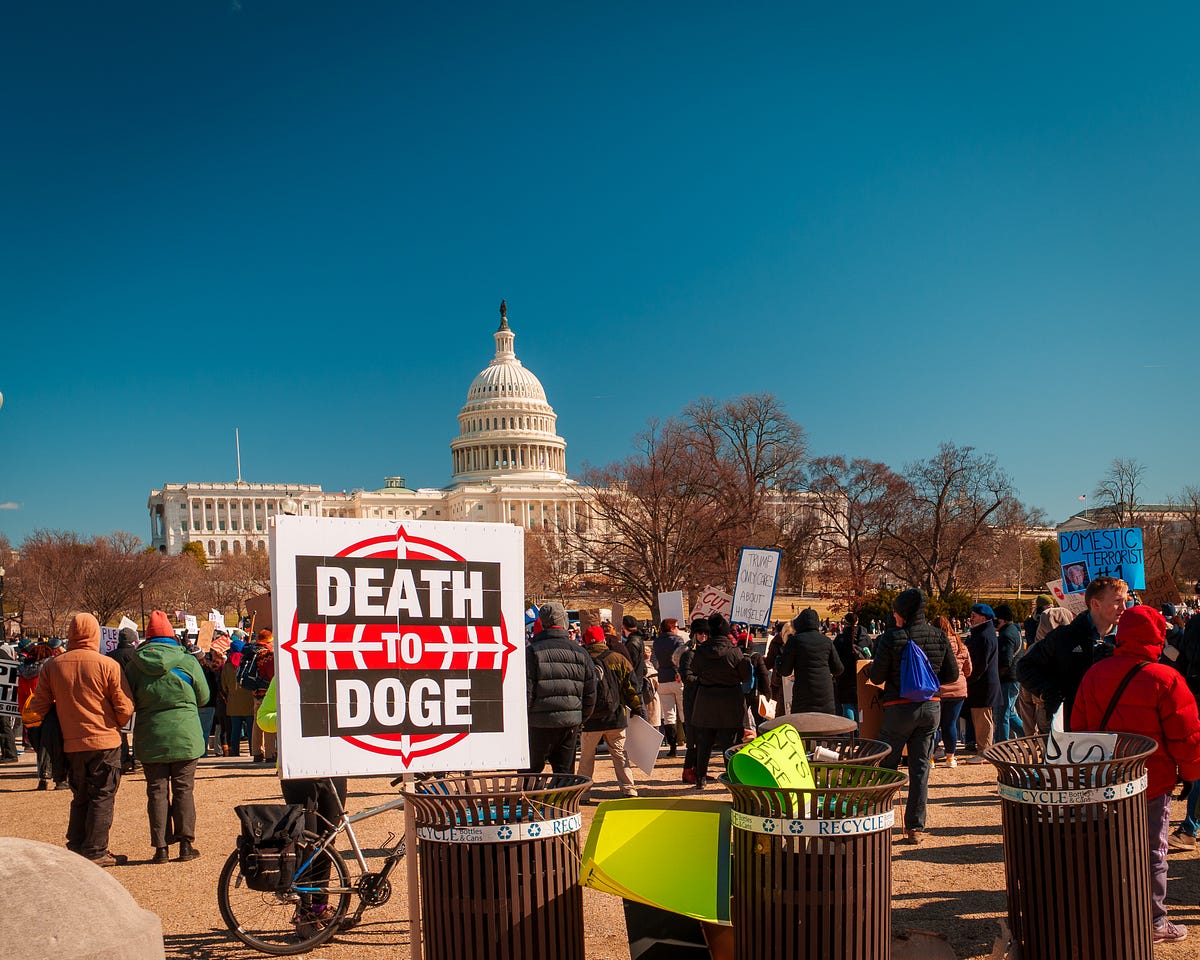When the poor are starving, the only thing left to eat is the rich.
The case of Luigi Magione has brought more debate on the state of American healthcare, causing people to share the issues they have personally seen with health insurance
On December 4, 2024, the CEO of United Healthcare Brain Thompson was shot and killed by an unknown suspect. Now, the alleged shooter is known as Luigi Nicholas Magione. Local police arrested Mangione at a McDonald’s restaurant in Altoona Pennsylvania on December 9th, 2024 after receiving a call from an employee who recognized Mangione from the suspect picture released by the NYPD. Mangione has been indicted on eleven state charges and four federal charges.
The state charges are as follows: Murder in the first degree, Murder in the second degree as a crime of terrorism, Criminal possession of a weapon in the second degree, Criminal possession of a weapon in the third degree x4, Criminal possession of a weapon in the fourth degree, and Criminal possession of a forged instrument in the second degree (Fake ID).
The federal charges are as follows: Two counts of stalking, Murder through use of a firearm, and Firearms offense.
Views on Mangione vary, some believe he is a hero while others view his actions as inhumane. One thing that remains clear however is the questioning of American healthcare. Magiones’s case has brought stories of claim denial practices to life. For many, the cost of life-saving care is too high, and medical debt is the No. 1 cause of bankruptcy in America. That is to say nothing of the emotional labor of navigating the complex system.
One story that arose in January of 2025 came from nurse Elizabeth Potter, who claims that UnitedHealthcare threatened legal action after an insurer interrupted her as she was performing a breast reconstruction surgery so she could take an “urgent” call. The UHC representative on the other line asked if it was necessary for the patient to have an overnight stay and demanded details about the patient’s diagnosis. The patient’s procedure had been approved by UnitedHealthcare, despite the representative not having full access to the patient’s medical documents. Potter went online to tell her story, which resulted in a lawsuit from UHC stating that her claims were untrue.
Jessica Alfano, whose one-year-old daughter was in the hospital with a brain tumor, had to get surgery at a hospital in New York City, which was located outside of her home state. UnitedHealthcare refused to approve travel to this hospital by ambulance, however, they also would not cover Alfano’s costs at the next hospital unless she arrived via ambulance. Views on UnitedHealthcare’s actions are seen as hypocritical, stirring upset within the community.
Allie, whose last name is unknown, posts on TikTok as @theseaowl44. While pregnant with her son, she went to the hospital in “excruciating pain,” she said in a video. She was initially sent home by the doctor after being told her pain was originating from a urinary tract infection (UTI) and the baby resting on her bladder. She later returned to the hospital to discover she was suffering from appendicitis, causing her to get relocated to a bigger hospital for emergency surgery. Both her son and herself survived the surgery, but her son later died after she delivered him. About 45 minutes later, Allie suffered a pulmonary embolism and had to have an emergency dilation and curettage (D&C) to remove the placenta, nearly dying in the process. It was after all of this that she learned she had been sent to a hospital that was not contracted with her healthcare insurance provider. “We ended up with a bill from the hospital that was more than what we paid for the home that we live in, and it was going to take probably, I don’t know, 20 to 30 years to pay off this hospital bill,” Allie said
“We opted to have to file bankruptcy, but not before I exhausted every appeal with [insurance company] Cigna — I wrote letters, I spilled my heart out, I talked on the phone, I explained our situation and our story, thinking surely someone would understand this was not my fault. On the third and final appeal, because they only allow you three, Cigna’s appeal physician told me, point blank, it was my fault that when I was dying from a ruptured appendix in the ER, that I didn’t check and make sure that the hospital I was being sent to by ambulance was in my insurance network.” Allie claimed.















